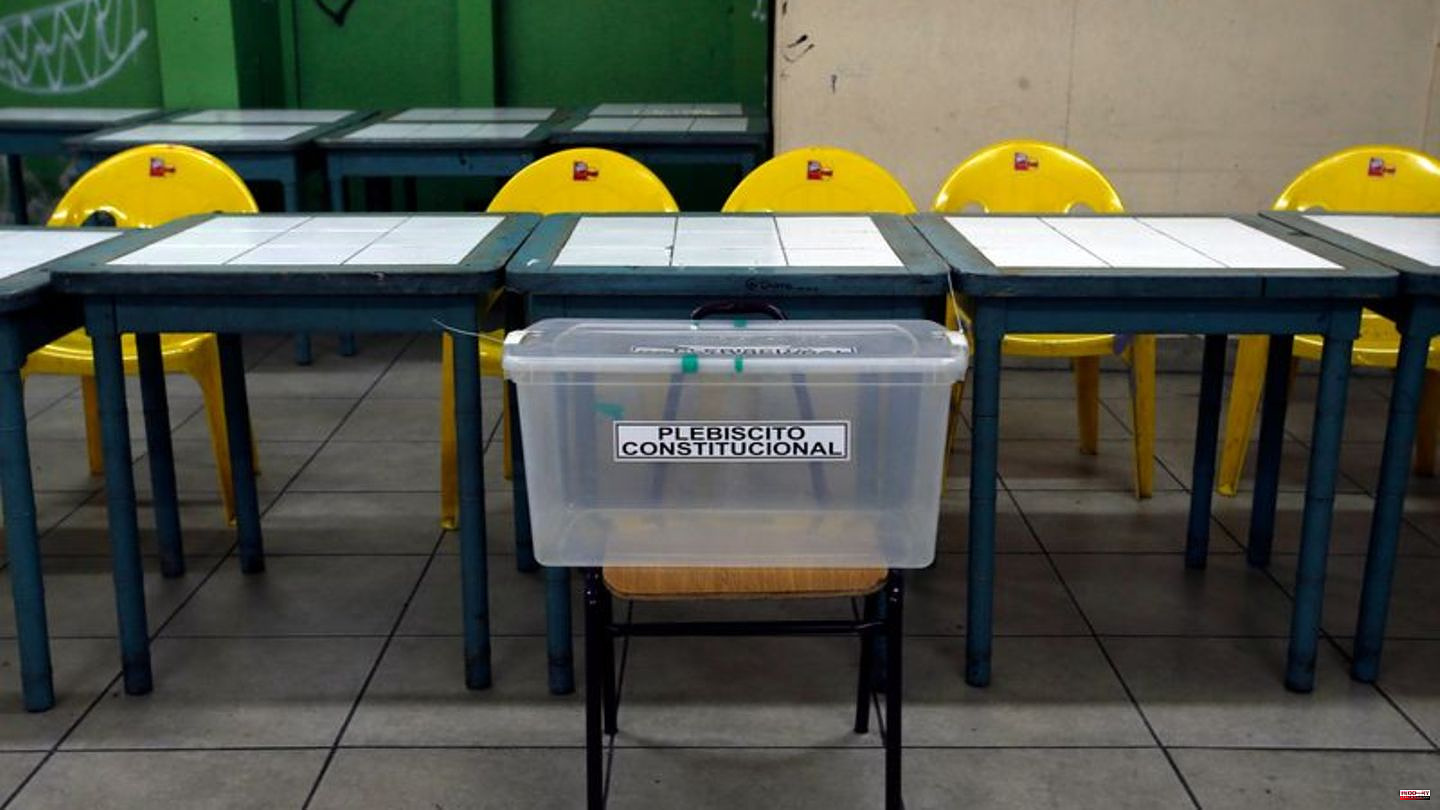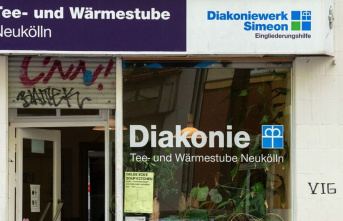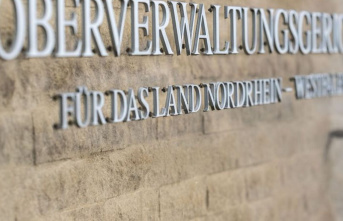The Chileans have voted on a newly drafted constitution. "This is a historic moment of which we can all be deeply proud," Chilean President Gabriel Boric said Sunday after casting his ballot in his birthplace of Punta Arenas, on the southern tip of Chile.
In difficult moments, the country has chosen the path to more and not less democracy. However, recent polls suggest that the advanced draft could be rejected.
Turnout and last-minute decisions are likely to be crucial. Polling stations close at 6:00 p.m. local time (12:00 a.m. CEST). The first results are expected from 2:00 a.m. CEST.
New constitution would fundamentally change country
The new Basic Law would fundamentally change the South American country. Among other things, the Magna Carta guarantees the right to housing, health and education. In addition, half of all state organs are to be filled by women in the future. For the first time, the right of self-determination of the indigenous communities would be recognized in the country with its approximately 19 million inhabitants.
Left-wing politicians, activists and scientists hope that a progressive, social and ecological constitution will send out a signal to the whole world. Many people in conservative Chilean society consider the text to be a left-wing utopia and fear it could jeopardize the economic success of Chile, which is seen as something of a paradigm in the region. In addition, the right-wing opposition has launched a massive counter-campaign.
Chilean President Boric assured on Sunday that "regardless of the result, we will call for a broad national unity of all parts of society, social organizations and political parties". All voices should be heard in order to move forward - be it to implement the new constitution or to continue the constitutional process. A Constituent Assembly had been working on the draft for a year.
Adoption of the 388-article draft constitution would also mark a victory for former student leader Boric, who was elected Chile's youngest president in December at the age of 35. Among other things, he promised a public education system and better health care based on the model of the European welfare state.
The new constitution was one of the main demands, supported by Boric, by protesters who took to the streets in late 2019. Two years ago, almost 80 percent of voters voted for the drafting of a new Basic Law. The current text dates from the time of the military dictatorship under General Augusto Pinochet (1973-1990). The tasks of the state are reduced to a minimum, the education, health and pension systems and even the water supply have been privatized.












